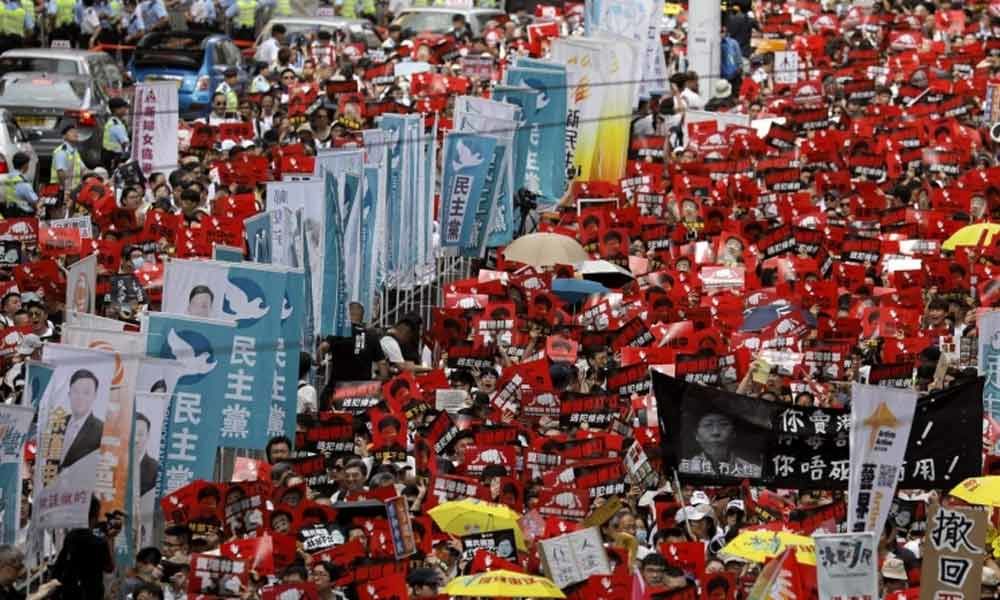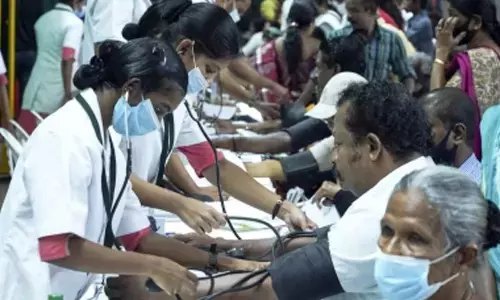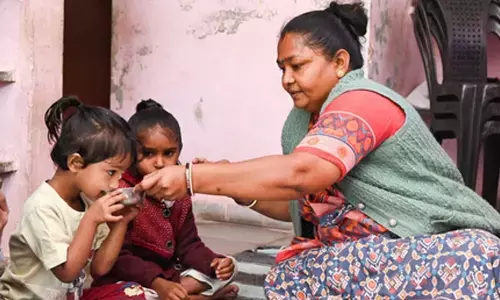Hong Kong on edge, more protests over extradition bill loom

The standoff between police and protesters in the former British colony is Hong Kong's most severe political crisis since the Communist Party-ruled mainland took control in 1997.
HONG KONG: Pressure on Hong Kong's Chief Executive Carrie Lam was mounting Saturday, with signs emerging that she may delay an unpopular extradition bill that has drawn hundreds of thousands of people into the streets in protest.
Lam was expected to hold a news conference at 3 p.m. (0700 GMT), the government said in an announcement.
It gave no details about what she planned to say.
Another mass protest was expected on Sunday, after clashes that turned violent on Wednesday, leaving about 80 people injured including 22 police officers.
The standoff between police and protesters in the former British colony is Hong Kong's most severe political crisis since the Communist Party-ruled mainland took control in 1997 with a promise not to interfere with the city's civil liberties and courts.
Lam, chosen by Beijing to be the highest-level local official, is caught between her Communist Party bosses and a public anxious to protect the liberties they enjoy as a former British colony.
Opponents want her to withdraw the bill, which would allow Hong Kong suspects to be tried in mainland China.
She has said she won't and has the backing of leaders in Beijing. Many protesters are demanding she quit.
Protests died down late in the week, but around midnight Friday there were still dozens of youths singing and standing vigil near the city's government headquarters, where demonstrators had tussled with police who deployed tear gas, pepper spray, hoses and steel batons as thousands pushed through barricades.
Police said 11 were arrested.
Lam declared that Wednesday's violence was "rioting," potentially raising severe legal penalties for those arrested for taking part.
In past cases of unrest, authorities have waited months or years before rounding up protest leaders.
In April, nine leaders of a 2014 pro-democracy protest movement known as the "Umbrella Revolution" were convicted on public nuisance and other charges.
Lam was facing calls from both outside and within her government to delay the extradition legislation that has spurred the protests.
Some members of the Executive Council, Hong Kong's cabinet, said she should perhaps rethink plans to rush the bills' passage.
A group of former senior government officials issued a public letter urging her not to force a confrontation by pushing ahead with the unpopular bills.
Many in Hong Kong fear the measures would undermine the former British colony's legal autonomy.
More than 1,000 people joined a peaceful "mother's protest" Friday evening in a downtown garden.
Adding to tensions, the extradition bill has drawn criticism from US and British lawmakers and human rights groups, prompting Beijing to lash back with warnings against "interference" in its internal affairs.
It is unclear how the local leadership might defuse the crisis, given Beijing's strong support for the extradition bill and its distaste for dissent and for foreign pressure.
Many experts believe Lam might be obliged to step down, assuming responsibility for the uproar the bill has raised.
Anson Chan, a former chief secretary for Hong Kong, said Lam still could keep her post if she backs down.
"What the people are attempting to tell is that we are very worried about the consequences of passing the extradition bill, because no one will feel safe, even in their own beds, after passage of this bill," Chan said in an interview.
"It places everybody's individual freedom and safety at risk," said Chan, who as chief secretary was the top local civil servant under former British government.
















